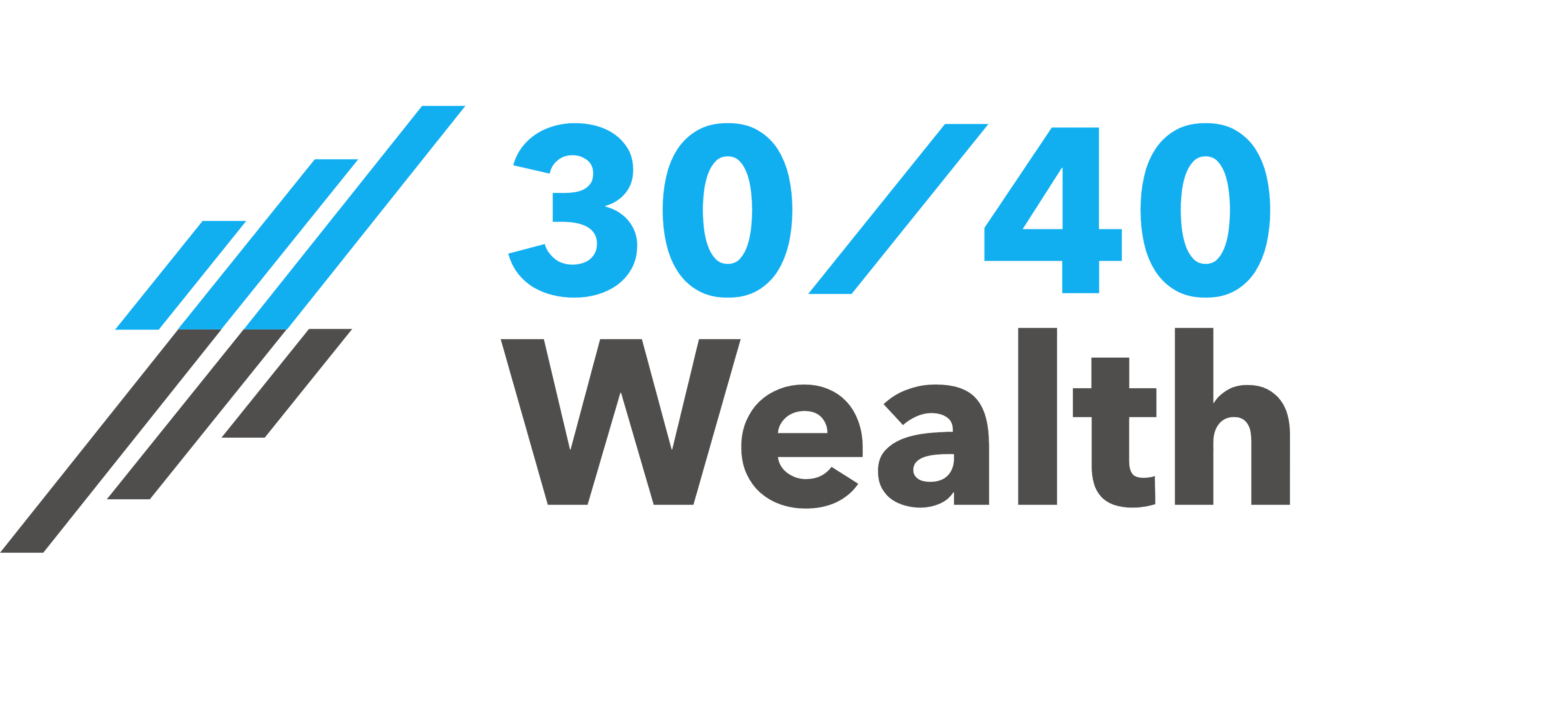Your First Financial Advisor: A Tech Professional’s Guide to What Comes Next
If you're like many of my clients, I’m the first financial advisor you’ve ever hired.
Maybe you've dabbled with a robo-advisor, chatted with your 401(k) provider, or had a conversation with your parents advisor. You've likely followed money advice online (or from colleagues), checked Reddit threads, or tracked everything in a spreadsheet.
You’re smart, capable, and used to solving big problems on your own — and it’s worked, up to a point. But then life gets more complex.....
You join a new startup, but aren't sure what to do (or not do) with your equity grant
A tender offer presents once-in-a-career choices.
An IPO is happening....and FAST
Your making a lot, but also spending a lot, and you're stressed....
You're trying to juggle career, family, kids, hobbies....personal finances take a back seat...and “I’ll get to it later” starts to create multi-year-long delays.
That’s often when I get the call (well, Calendly booking; its 2025 and all 🙂)
A large portion of these calls revolve around "I need help" -- but the context of HOW an advisor is going to add help is fuzzier to them. Today's article dives into my 2 cents on the key verticals where I deliver strong value to my clients
Crossing the Chasm: Why Hiring an Advisor Feels Different (Especially the First Time)
I'll lead with the punchline first: I wish I’d done this sooner is the MOST common feedback I get from clients 6+ months working together. But that's after I've built trust, solved their problems, saved them time, identified blind spots, and frequently--guided them through a major decision.
But what about at the beginning...before I'm hired? For many tech professionals, its unfamiliar territory — and it often comes with mixed emotions. Many come in with misconceptions (both good and bad). And a most are unsure what the experience will be like. Frequently expressed concerns include:
“Am I going to be judged for the way I’ve managed things so far?”
“Will I be sold products I don’t need?”
“What if the advice isn’t helpful?”
“Do I really need help with this — shouldn’t I be able to figure it out myself?”
"Is this going to be worth the cost?"
These are all fair questions. But here’s the truth: the right advisory relationship should feels like gaining a partner. It’s not transactional. It’s collaborative.
You still call the shots (it's your money after all!)— but now you’ve got a strategist, sounding board, and financial problem-solver in your corner. But let's dive deeper into what that really means
What to Expect From Working With Me (Or A Similar Advisor)
🧱 FIRST: The Table Stakes
We are absolutely going to dive into your finances, your taxes, key decisions, and help you navigate major life events. This IMO is table stakes. If your advisor isnt helping you plan through life events and major dollar sign decisions, that's a failure.
Dont get me wrong, this is definitely valuable. But that should be the foundational layer we build from, not predominant value proposition. Because once you lean into the process, share, and trust, the takeaways grow multifold. The top-6 biggest wins and value-add areas are:
🧠 (1) Trusted Expert & Problem Solver
I’ve guided dozens of clients through the same decisions you’re now facing — equity comp, IPOs, tender offers, acquisitions, job changes, relocation, home purchase, and more. That pattern recognition matters. I bring the experience and analytical rigor to help you make confident decisions, not just educated guesses.
And if you've got a financial situation I haven't seen before (or its like others, but with nuance), I'm you're hired gun problem solver to figure it out.
🧭 (2) Coach for Big Decisions
Most of the pivotal financial choices you’ll make in your tech career aren’t black and white. They're nuanced. My job isn’t just to tell you what to do — it’s to bring calm, clarity, and context so you can choose which path is going to make you happiest.
👀 (3) No Financial Blind Spots
One of the biggest wins you'll get = helping you avoid expensive mistakes. I uncover risks and opportunities you didn’t even know to look for — tax inefficiencies, vesting cliffs, legal or estate oversights — before they become costly.
⏳ (4) Time Back in Your Week
Partnering together means I run point. You're participation is critical, and you still call the shorts — but monitoring, analyzing, optimizing, coordinating with outside professionals — I take on the heavy lifting to free up time for you to focus on what matters to you (work, family, friends, hobbies, you name it).
📈 (5) We Keep You On Track
Life gets busy. I don’t build a plan then disappear. We follow up, course-correct, and adjust when priorities (or external dynamics) shift. From big-picture strategy to day-to-day tasks, I make sure nothing falls through the cracks.
🔍 (6) Clarity (Not Complexity)
Equity comp, taxes, and investments can get complicated fast. My job is to make them understandable — translating the complexity into clear decisions tailored to your situation.
If The Above Doesn't Resonate, You're Not Ready (And That's OK)
If the above doesn’t resonate, you may not be ready — and that’s okay. I target a multi-decade long relationship with my clients --> and major decisions should only be made when you're ready to make them.
But if the complexity is starting to to weigh on you, the stakes feel too high, and/or you’re tired of (trying) to do it all yourself — that’s when this kind of partnership starts to make sense.
Article Last Updated: May 28, 2025
